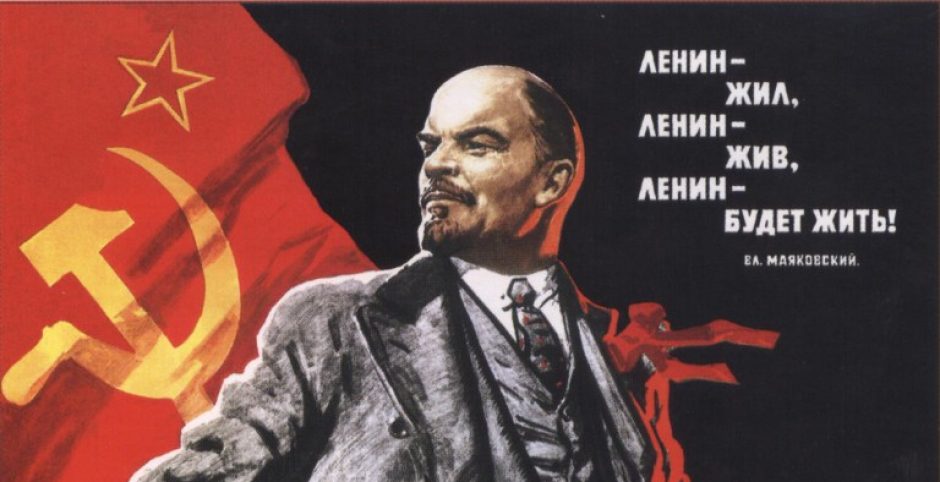According to Madariaga, during the 1760’s Catherine the Great grappled with the idea of changing conditions of serfdom with Russia. This came to a halt when Russia entered war with the Ottoman Empire in 1768. Because of this war Catherine raised taxes and started conscripting peasants to military service at a high rate. This conscription was extremely straining not only due to the high amount of men being taken from peasant villages but also because there had not been a conscription during the years of 1762-7. However, the major revolt in 1773-4 is more attributable to the Yaik Cossacks, the majority of whom were “Old Believers”. “Old Believers” are those who opposed the church reforms introduced the Patriarch Nikon during the 1650s (Goshkov, pg. 32). The plan for the entirety of the Cossack Hosts was for their regiment to be reformed under the name of the “Moscow Legion” for the war against Turkey. “This seemed to threaten the Cossacks with ‘becoming regulars’, which they regard as contrary to their traditional form of service. Morover they feared that, as regular soldiers, they would be forced to shave their beards which, since a large number of the Yaik Cossacks were Old Believers, would offend against their religious beliefs.” (Madariaga, pg. 57). The common Cossacks were also currently angry over the allocation of fishing licences. While the Yaik Cossack had a fear that was very religious, they were able to convince the larger group of Cossacks that their angers of secular reasons were worth arguing over. Pugachev, the main leader of the the Cossack revolt, was a “pretender”, or someone who was pretending to be a tsar that had been wronged by the boyars. By saying that he was Peter III, Pugachev was able to unite the Cossacks under the idea that they had all been wronged by Catherine. Pugachev ultimately wanted to take over Russia and restore the state rule to reflect the way it had looked when Peter the Great had taken over. “There were to be no regular armed forces, no conscription, no taxation, the land was to belong to those who worked it, there were to be no nobles, no government officials, no foreign officers or uniforms, no European clothes, no shaven chins” (Madariaga, pg. 61). This want to exemplify Peter the Great, the man who had made the first major push to make Russia into a European country seems extremely nostalgic. Mostly with this post I am curious to explore more of the way in which nostalgia coupled with anger was used as a driving force for change within the peasant revolts of the 1770’s in contrast with revolts we have studied so far like the Decemberist revolt which took advantage of times in which the status of authority of the state has been questionable or in flux.
-
Recent Posts
Recent Comments
- isgray on Pussy Riot and the Western gaze
- gisherzfe on Russian Cynicism and a Basket Case Mentality
- isgray on Shared Histories and Populism
- gisherzfe on National trauma and the cult of personality
- wolfsje on National trauma and the cult of personality
Archives
Categories
Meta

I think that there is actually quite a lot in common between the peasant revolts and later revolts. Regarding opportunity, many of the revolts we have seen arose due to the state being in a state of flux, whether that was due to a change in monarch, political uneasiness, or war. The peasants would become uneasy in times of political change, hoping to become state peasants, the Decembrists made their move when the line of succession was unclear and the state in limbo, and Pugachev struck when the empire’s resources were diverted by war with the Ottomans.
There is some difference when it comes to the motivations for the mentioned rebellions, but there could be an arguable similarity in that they were driven by angry/impassioned nostalgia. The serfs were nostalgic for days of better treatment and acted upon this by pushing to become state peasants when the opportunity arose or, in the most extreme cases, by punishing their masters. They became inflamed when their treatment reached new lows. Pugachev seems like more of a charismatic opportunist than anything else (as evidenced by his eagerness to take on a “third” wife). His followers, however, were nostalgic for the days when the Cossacks were free of imperial control and didn’t have to worry about being made regular. It’s a bit trickier to say nostalgia had a part to play in the motivation of the Decembrists, but one might argue that they were nostalgic for a time of relative social progress within Russia, such as the early years of the reigns of Catherine II and Alexander I. This may be evidenced in the position held by moderate Decembrists who desired to create a sort of constitutional monarchy, yet were still driven to reform Russia. “The Emperor is the Supreme official of the Russian government. His rights and privileges are as follows…” (Muraviev, ch. X, 101).